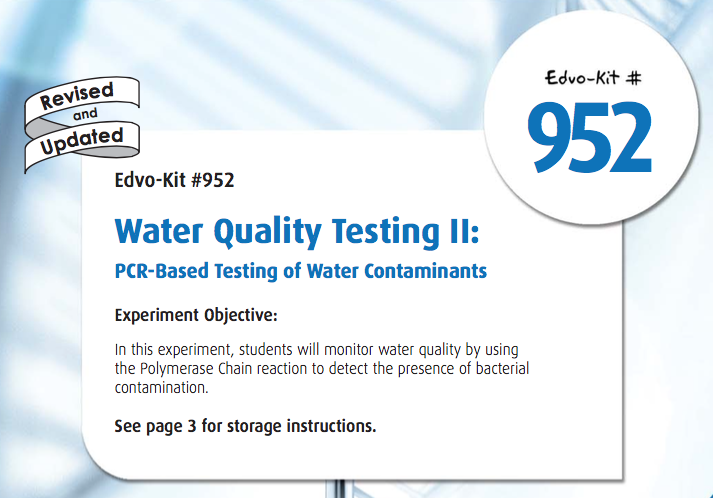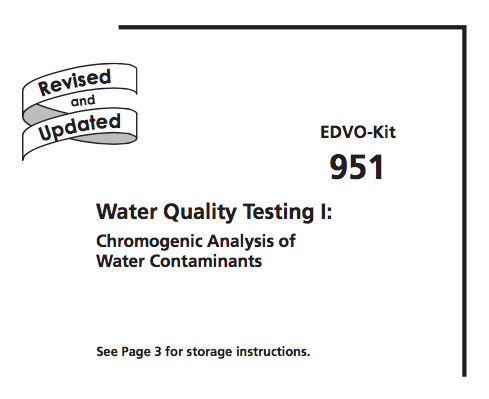
Class: 16 | Genetics
MAIN THEME: DNA is underlying information storage and is the hereditary unit of life on Earth. Conceptualize genetic diversity & its relationship to DNA, RNA & proteins Examine genetic and species diversity Recognize gene variability through alleles Define heterozygous, homozygous & epigenetics and their influence on genotype & phenotype Predict inherited genotypes and phenotypes with virus models Epigenetics Listening homework: http://www.radiolab.org/story/251885-you-are-what-your-grandpa-eats/ Virus models and hereditary dominance/recessive worksheet

Class: 17 | Genetically Modified Organisms
Natural selection, artificial selection, genetic modification & cloning all result in same thing –desired or most fit phenotypes, but the processes are different and have different ethical considerations. Predict offspring phenotypes & genotypesDifferentiate between natural selection, artificial selection & genetic modification & cloningAppreciate benefits of genetically modified organisms (GMOs)Clarify concerns about GMOsPrioritize biodiversity Genetics Worksheet & Readings

Class: 18 | GMO Consequences
Main theme: Natural selection, artificial selection, genetic modification & cloning all result in same thing – desired or most fit phenotypes, but the processes are different and have different ethical considerations.

Water Quality Testing II (Edvotek)
In this experiment, students will monitor water quality by using the Polymerase Chain reaction to detect the presence of bacterial contamination.

Water Quality Testing I (Edvotek)
The objective of this experiment is to use chromogenic reagents to test simulations of water samples contaminated with known bacteria. As an extension, students will apply this test as a field activity to screen local bodies of water for the presence of coliform bacteria.

Aquaponics – Introduction
Introduction A human crisis of unprecedented proportions is in the making. Diminishing arable land, water shortage, and expected population growth to 10 billion portend a catastrophic food security crisis by 2030. This threat requires a dramatic reduction of the environmental footprint of agricultural practices. A paradigm shift to the food supply chain is necessary to meet an expected 70% or more increase in food demand. Modern Agricultural practices such as…


